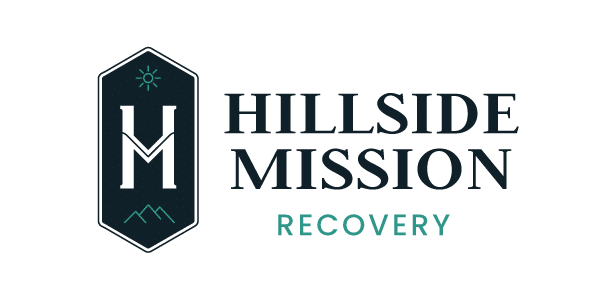Most of us know a thing or two about what rehab is and why it is vital to the recovery process, but unless you’re in recovery yourself and have learned the skills necessary to stay sober, the chances are you may not know what it takes to maintain sobriety once treatment ends. While detoxing and entering a treatment facility are a considerable part of the process, addiction doesn’t end once you exit treatment. It is a lifetime disease that requires dedication and steady improvement to stay sober.
At Hillside Mission Recovery, we understand the struggle to stay sober and what it means to develop the right habits in recovery to prevent relapse and live a healthy addiction-free life. In this post, we are going to discuss healthy recovery habits, including what happens after treatment ends, how to avoid relapse, and what are some healthy recovery habits.
What Happens After Treatment Ends?
When treatment ends, there are a number of options that a person has. Some people return to their day-to-day life and resume normal activities like going to work or school, taking care of children, or other responsibilities. This is typically the option for those whose addiction was less severe, and the treatment program was able to give them the tools they need to deal with potential relapse while living their normal life.
Others sign up for aftercare programs such as family therapy groups and 12-step programs. While not as intensive as treatment, these programs help to deal with some of the issues that come with addiction and to help develop the tools and coping mechanisms necessary to live a sober life outside of a treatment facility.
Lastly, some may choose to opt for a sober living before returning to their normal lives. A sober living facility or home is a step halfway in-between treatment and returning to your old life and offers many benefits for those trying to rebuild their life before fully making the transition.
How to Avoid Relapse
Relapse is a serious problem even for those that have been sober and recovering for years. The stress of day-to-day life and different triggers can easily lead a long-time sober person to relapse. For this reason, avoiding relapse is a multi-faceted approach.
Identify Your Triggers
Before you can know what to avoid to prevent yourself from relapsing, you have to be able to identify and acknowledge the things that may trigger you.
These can be people that push you into using drugs or alcohol; traumatic experiences that leave you looking for a way to cope with regular stress that you experience on a daily basis, and even mental or emotional triggers that can come from things like music, sounds, and other stimuli.
Knowing what these triggers won’t eliminate the potential for relapse, but it will help you know what to avoid so that you are not triggered into using drugs or alcohol again.
Use Coping Skills
One of the key functions of a treatment program is to teach the addict the coping skills necessary to deal with a life without drugs or alcohol. This includes skills to deal with triggers, stress, and even emergency situations.
Learning how to implement these skills taught in rehab will make a person much less likely to relapse than not having a way to cope, making a person much less likely to turn to drugs or alcohol.
Rebuild Supportive Relationships
Addiction has a tendency to destroy the relationships that we hold closest to us. Part of the treatment process is learning how to reforge these bonds and repair the damage that addiction has caused.
One of the best ways to prevent relapse is by rebuilding these bonds and relying on them to support you through times when things are a struggle and you may be considering relapsing.
What Are Healthy Habits in Recovery
There are many ways that you can improve your chances of long-term recovery. One of them is by developing healthy recovery habits.
One thing to consider is continuing therapy to deal with any issues from your addiction that may be still lingering or left over after treatment. It’s not always possible to address every issue, even when you’ve gone to treatment, so continuing therapy can help work these issues out.
Another option is to take up useful and productive hobbies, such as volunteering, exercise, or even going back to school, as a way to find interesting and fun things to do that don’t involve using drugs.
Lastly, focusing on building your relationships is a great way to improve your life and give you the support system you need to deal with the struggles of addiction.
Hillside Mission Recovery is Here For You
If you know someone struggling with addiction, then the first step is to get them help at a Southern California treatment facility like ours here at Hillside Mission Recovery.
We offer luxurious accommodations at our Orange County inpatient rehab facility, focusing on a holistic approach to addiction treatment and long-term sobriety. Each visit begins with an individual evaluation, followed by detoxification supervised by our medical staff, a comprehensive treatment plan, and aftercare and support for continuing once the treatment plan ends.
Don’t let your loved one suffer under the weight of addiction; contact Hillside Mission Recovery today.







